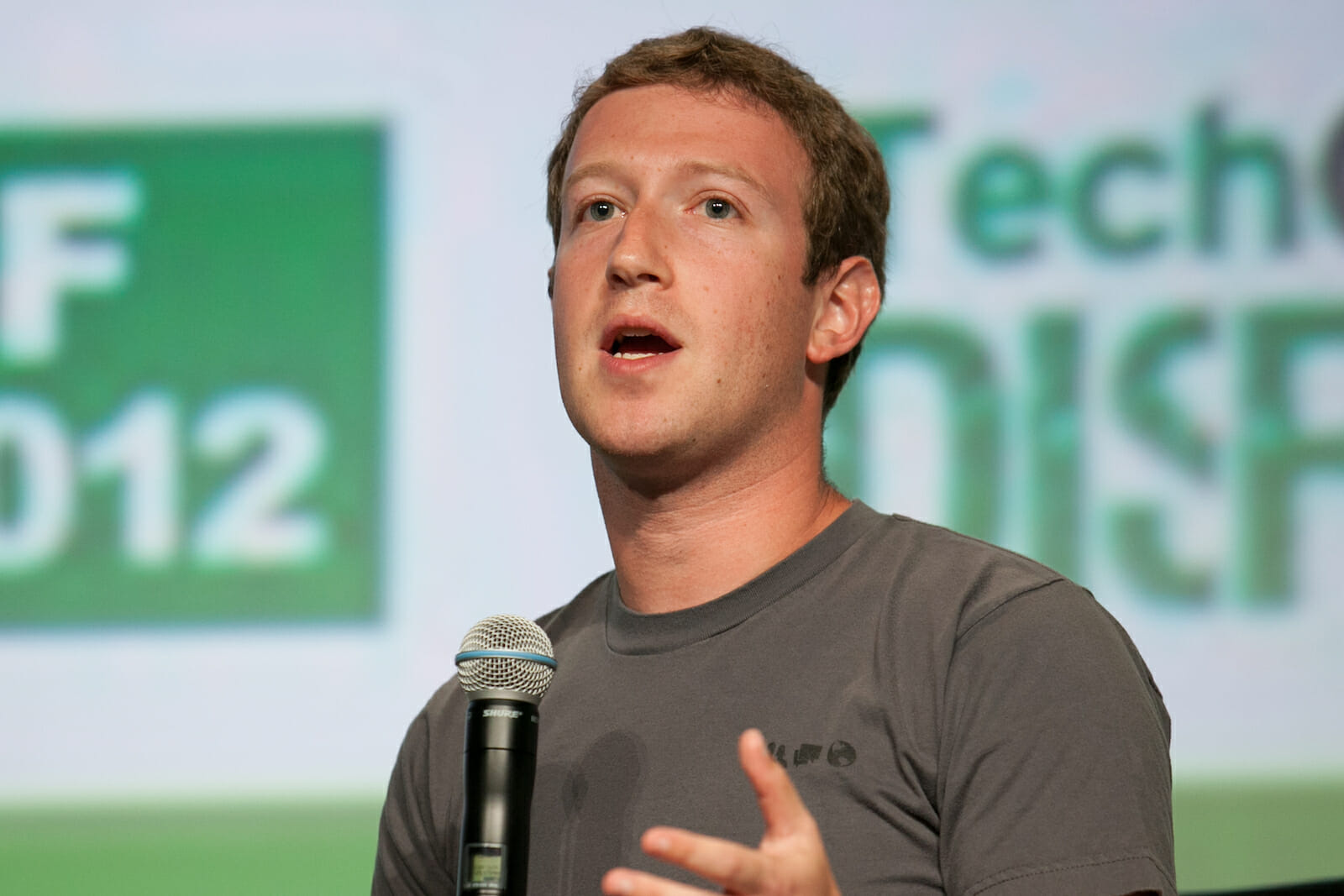
Tech
What a Facebook Exodus Means for Businesses and Democracy
The Cambridge Analytica scandal has hit Facebook and democracy in the UK and the US. On Tuesday, a whistleblower from Cambridge Analytica gave yet more evidence about how data obtained through Facebook may have tampered with the Brexit referendum. What’s more, Christopher Wylie has said that Cambridge Analytica may have also influenced the US election and that Facebook knew a lot more about the way its data was being used than it has admitted.
At the centre of these allegations is the claim that the software Cambridge Analytica used could read the personal data — including the private messages — of tens of millions of people without their consent. Facebook has been forced to admit that it knew about this data breach, though it didn’t tell its users.
It has not been the best month for Facebook nor its best year either. Facebook share price has tumbled since the scandal broke, but Facebook’s growth has been stagnating for a while now. Facebook might well be too big to fail, but it’s definitely seen its standing diminish over the years. All of which raises two important questions: What does this mean for online businesses? And what does it mean for democracy?
Escaping the net
The internet giants have long had to field accusations that they sell user data. Indeed, for years before the Cambridge Analytica story broke, the prevailing wisdom has been that this is exactly what Facebook does. However, what needs to be stressed is the difference between what Facebook has long been doing and what Wylie’s comments suggest.
The way Facebook, Google, Apple and Microsoft make money through their free software is by advertising to you based on the data you provide them. Advertisers pay for ads with Facebook and its ilk because they know that, with the data these companies have, these ads can be laser-focused.
The data is never sold to anyone else. Instead, these Silicon Valley behemoths keep the data to create and sell ads which are tailored to meet the expectations of extremely specific audiences. The art of Facebook ad management has never been a secret; it’s how Facebook makes money. Not everyone agrees with these practices, but it’s all legal and it’s all laid out in the privacy policy which people agree to when they sign up for Facebook.
Wylie’s allegations are something different entirely. He is claiming that Cambridge Analytica has been able to harvest people’s personal and private data — including their personal messages — without their knowledge nor consent. Once again, Facebook knew about this data breach, and it didn’t inform its users.
These allegations are shocking, but are they really enough to make people stop using Facebook altogether? The answer might sound obvious, but consider how complex the story is and how similar the story is to so many from the past. People have been complaining about Facebook’s use of data for years, and it’s not the first time that Facebook has broken the law. To name but a few countries, Facebook has broken privacy laws in Germany, Spain, France, Belgium, and the Netherlands.
Wylie’s allegations suggest data misuse and Facebook withholding the truth from users on a much, much larger scale than ever before. Still, the law of diminishing returns would suggest that yet another story about Facebook and its issues with user data won’t damage the company all that much.
Even so, while it’s still too early to tell how people might react to the Cambridge Analytica story in the long-term, a survey published last Sunday revealed that fewer than half of Americans trust Facebook to obey privacy laws. In addition, 60% of Germans believe that Facebook has a negative impact on democracy.
Of course, it’s not just survey data. Even before Wiley blew the whistle on Facebook’s inability to keep our personal lives secret, young people had been leaving Facebook in droves. This is not just because they believe the platform is evil or because they are worried about the sanctity of their data. Rather, Facebook just isn’t “cool” anymore.
The other reason young people are leaving Facebook is that they can. If you’re a teenager who never really bought into its necessity, leaving won’t be too difficult.
However, for millennials who have grown up with the website defining most of their personal and professional lives, leaving Facebook is a huge challenge.
The next Myspace?
Comparisons between Facebook and Myspace often fall flat because Facebook is much larger, but the reason for the comparison is because it’s the only comparison we have. No-one predicted that Myspace would fail until it did. The reason for its failure was Facebook.
This was nothing more than good old fashioned capitalism. People left Myspace for Facebook because it was better. Should another social media network come along which uses people’s data to sell adverts rather than tamper with democracy, people will switch to that.
As for businesses, while Facebook ads are a popular means of marketing, they are not the only way to use social media to promote a business. If another social network attracts more users, businesses will flock to that as well. Businesses who market on Facebook have no particular interest whether Facebook lives or dies. All they care about is the size of their audience.
So there’s no reason why Snapchat can’t be the next Facebook. With its fast-paced user-interface, it’s attracting young people in exactly the way a hip, young social network should. Advertisers may well move from Facebook to Snapchat. Then, having learned from the Cambridge Analytica story, Snapchat probably won’t abuse its users’ data in the way that Facebook has…
Except that this is already what Snapchat is doing. The same kind of data-sharing application programming interface (API) that allowed Cambridge Analytica to allegedly harvest private data from tens of millions of users without their knowledge or consent is now being used on Snapchat.
To be clear, this doesn’t mean Snapchat has been found guilty of anything, but here lies the issue. Sceptics might ask whether it’s at all possible for a social network of Facebook’s size to have that much data without somehow being breached. The very model that allows social networks to make money could be the problem.
Facebook and businesses have enjoyed a relatively symbiotic relationship over the years, with Facebook’s data allowing them to advertise to billions of users. However, in the wrong hands, this same data has also helped to subvert democracy.
Perhaps internet users, businesses, Facebook, and democracy will find some way to just carry on as before. People will complain, Facebook will stumble, and then — when the dust has settled — we’ll all carry on as normal. Or, perhaps not. Perhaps, this scandal is the last straw. This time, people might just be angry enough to demand change.
